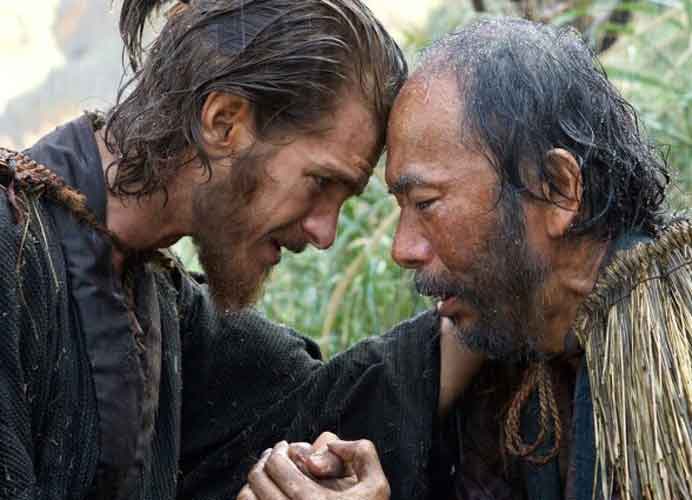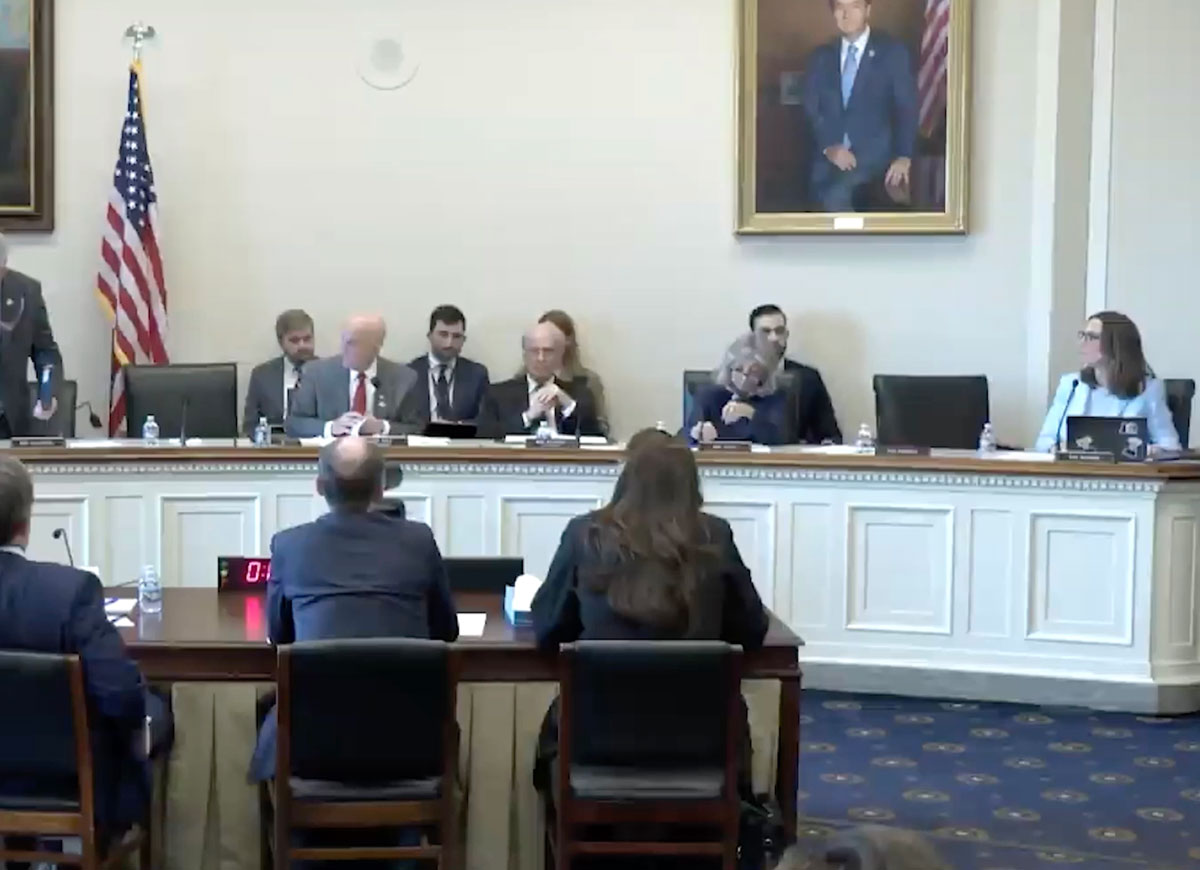‘Silence’ Review Roundup: Scorsese Wows Audiences With Film 28 Years In The Making

4.5/5
Martin Scorsese‘s latest film Silence, an adaptation of Shusaku Endo‘s novel of the same name, follows two Portuguese Catholic priests (Andrew Garfield and Adam Driver) who travel to Japan to find their missing mentor (Liam Neeson). The film is set during a time when Christianity was outlawed in Japan, and the priests were put through many tests of faith. This film was 28 years in the making for Scorsese. The film has already scored an impressive 95% on rottentomatoes.com and hits theaters Dec. 23.
SILENCE REVIEW ROUNDUP
“The film demands to be seen. Ready yourself, choose your moment and don’t make plans for afterward: This film will not leave you alone just because you’ve left the cinema. For all that Hollywood specializes in flimsy bromides about the “triumph of the human spirit,” the genuine article is much more elusive. Yet here it is — stubborn, wily, unbeautiful — running right through the film like piano wire. Much of Scorsese’s later work has seemed like a maestro going through the motions: a great filmmaker in search of the grand obsession that drove his earlier films. Silence is his first work in a long time that registers the same urgency. The result feels close to a state of grace.”
–Tom Shone, Newsweek
“Silence speaks loudly. It’s a demand for religious tolerance. A cry against injustice. A rebuke to European arrogance. And a strikingly sung psalm to the power of faith — and doubt… Silence is a slowly unfolding, deeply thoughtful film about questioning yourself. About questioning authority. About taking stock of where you’ve failed as a human being, and wondering how you can make amends — to yourself, to others, and to God.”
–Stephen Whitty, NY Daily News
“Silence comes to us billed as 30 years in the making. Unfortunately, it plays like 30 years in the watching… Scorsese’s preoccupation with bodily scarification seems to overwhelm, or perhaps even define, his interest in Christ: The film raises the question of why anyone would risk his life for the Church. After the Japanese (inexplicably) change tactics and try to use persuasion as well as coercion to sway the Jesuits, even the highly charged debate between Rodrigues and his inquisitor (the strangely captivating Issei Ogata) reminded me of how Scorsese approached the same questions so much more dynamically in The Last Temptation of Christ. To that masterpiece, this one feels like a superfluous addendum.”
–Kyle Smith, New York Post
“Far from preaching to the choir, Scorsese’s hardly even sermonizing here. You can sense him working the material over in his mind, as though 25 years of mental preproduction wasn’t enough to reach any concrete answers, and the film is better for its uncertainty. If the good book is an open book, one still open to interpretation and questioning, Silence is too: We don’t have to know the ultimate truth so long as we know it’s worth seeking out.”
–Michael Nordine, The Village Voice
“Some members of Japan’s Catholic community denounced Silence when it was published, and the movie will generate a fair amount of controversy, too. Excellent! What won’t be controversial is the poetry and economy of Scorsese’s filmmaking, the chiaroscuro intensity of Rodrigo Prieto’s cinematography, and the sublimity — a word that encompasses both beauty and horror — of the coastal settings where men and women meet their deaths. The contrast between Garfield’s and Driver’s visages could hardly be more powerful: the first with small, fine features, the second with outsize protuberances worthy of Goya.”
–David Edelstein, Vulture
RELATED ARTICLES
Get the most-revealing celebrity conversations with the uInterview podcast!





Leave a comment